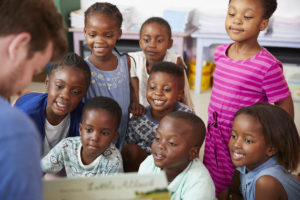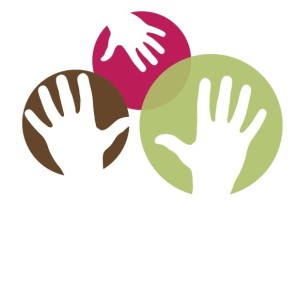 “Nothing is impossible, the word itself says ‘I’m possible!'”
“Nothing is impossible, the word itself says ‘I’m possible!'”
~Audrey Hepburn
As we launch into a new school year, the physical and emotional well-being of our children is a top priority. Given all the changes that have occurred in the last 2 years, parents and schools alike recognize instinctively that addressing this priority is likely to be a year-long challenge.
That said, this issue of the Buzz focuses on tools and knowledge you can use to chart a steady, compassionate, and informed course.
Our best to you, as always,
The CPIR Team
_______________________
Gritty Truths
How to Handle School Refusal
(In Spanish: Rechazo a la escuela: Cómo ayudar a su hijo a superarlo)
When students flat-out refuse to go to school, it can be stressful for both parents and teachers. Different kids resist or refuse school in different ways. Here are tips for parents, caregivers, and educators to manage school refusal, based on what behavior they’re seeing (e.g., crying or tantrums, won’t get dressed, won’t get on the bus or in the car).
A Deeper Look at Anxiety in Kids
This newsletter from the Child Mind Institute consists of separate articles on the subject of anxiety: What are the different kinds of anxiety? How anxiety leads to problem behavior. What is separation anxiety? Selective mutism. Social anxiety. Agoraphobia in children.
13 Bipolar Disorder Symptoms to Be Aware Of
Bipolar disorder, or manic depression, can make it difficult to carry out day-to-day tasks. Here are 13 signs and symptoms to help you know if you or someone you care about should seek treatment.
Considering Health
Video | Supported Decision Making in Health Care and Medical Treatment Decisions
This 8-minute video focuses on helping people with disabilities make decisions about their own health care.
Health and Learning Are Deeply Interconnected in the Body: An Action Guide for Policymakers
As science is showing, the conditions and environments in which children develop affect their lifelong health as well as educational achievement. This guide from the Center on the Developing Child at Harvard distills 3 key messages from science that can help guide thinking and policy in a time when innovation has never been more needed in public systems in order to improve both health and learning.
Transition to Adulthood
Planning Your Future: A Guide to Transition
The transition to life after high school can be an uncertain time for students with learning disabilities. This guide from NCLD is a tool that students, families, and educators can use to navigate information and prepare for what’s next.
Transportation: Knowing the Options
VR professionals know that most job seekers with disabilities would prefer to travel as independently as possible. If owning and driving a vehicle is not an option, what alternatives exist?
_______________________
 This eNewsletter from the CPIR is copyright-free.
This eNewsletter from the CPIR is copyright-free.
We encourage you to share it with others.
Center for Parent Information and Resources
c/o SPAN, Inc.
35 Halsey St., Fourth Floor
Newark, NJ 07102
https://www.parentcenterhub.org
Subscribe to the Buzz from the Hub.
See past issues of the Buzz.
____________________________________________________________
Publication of this eNewsletter is made possible through Cooperative Agreement H328R180005 between OSEP and the Statewide Parent Advocacy Network (SPAN). The contents do not necessarily reflect the views or policies of the Department of Education, nor does mention of trade names, commercial products, or organizations imply endorsement by the U.S. Government or by the Center for Parent Information and Resources.

